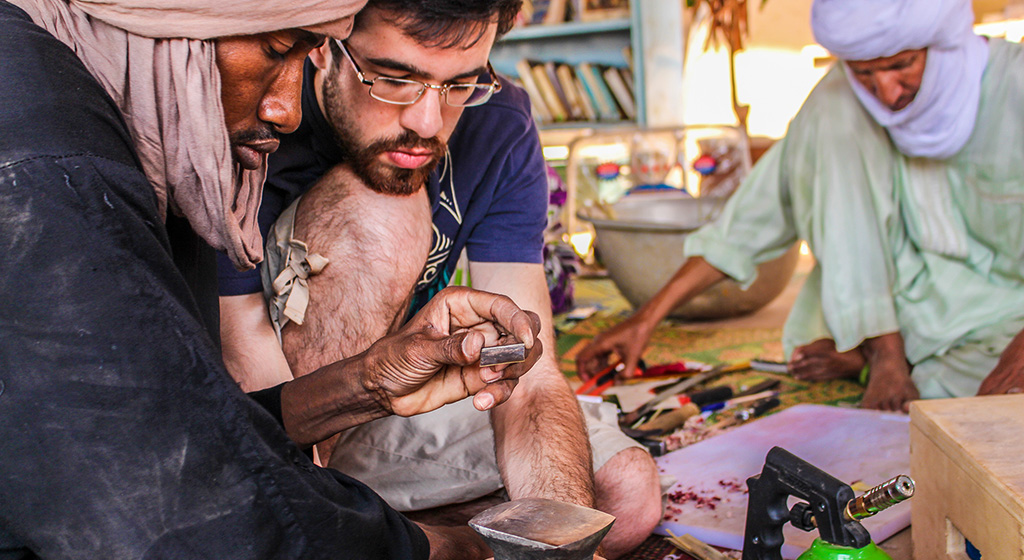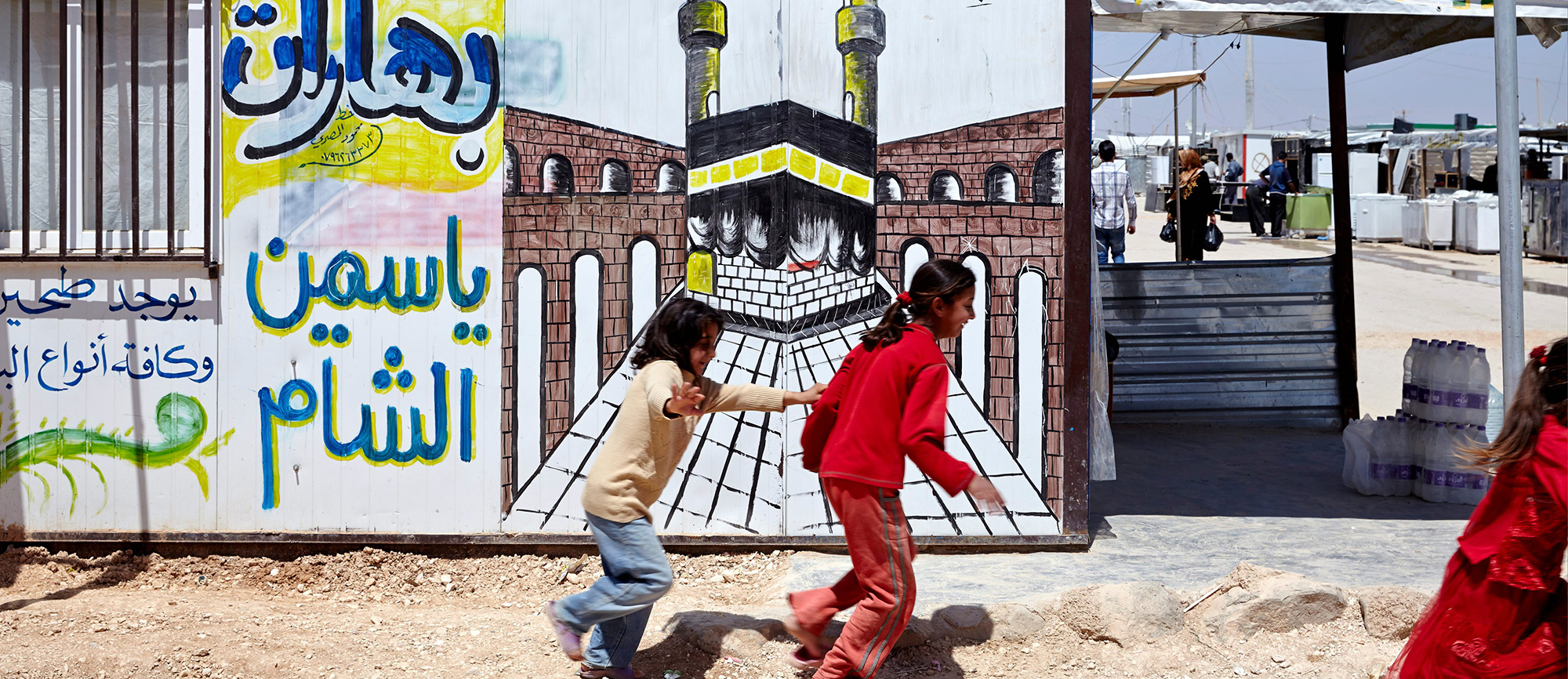1. Define challenges
Merging cultural heritage with self-reliance
Wherever refugees go, they carry with them the traditions and culture of their homelands, including the skills, knowledge, and craftsmanship that can unite and define a people.
Artisans living as refugees are interested in sustaining these artistic traditions, especially if doing so could also provide a source of income, an opportunity for social connection, psychosocial nourishment, and even local integration.
Refugee artisans could hold the keys to self-reliance in their own talented hands: The artisan sector is the second largest employer in the developing world. Between 2002 and 2012, the artisan economy doubled to more than $32 billion a year.
And yet refugee artisans are often left out of this global commerce. UNHCR’s protection projects use crafts to bring women together to relax, cope with traumatic experiences and find a sense of support and belonging. Yet these projects are rarely designed to connect artisans with global marketing opportunities. Those that do make these linkages tend to be unsustainable, aimed at small, local markets or sold to camp visitors.
Livelihoods projects tend to overlook home-based crafts as an income generating opportunity. Connecting refugee artisans to a global value chain requires an expertise that is rarely found within UNHCR operations or humanitarian partners.

The artisan sector is the second largest employer in the developing world. This sector could be key for refugees’ livelihoods and self-reliance moving forward.
2. Identify solutions
Linking refugee artisans with international markets
Making refugee artisans part of a larger, global value chain could mean turning small-scale craft projects into income-generating initiatives with myriad benefits.
By creating safe spaces for artisans—the majority of whom are women—to work, UNHCR could fulfill its protection mandate while adding to refugees’ sense of dignity and purpose. But for artisan refugees to become self-reliant, their traditional crafts would also need to generate decent money.
By modernizing traditional skills and products, creating an efficient production and quality control process and linking up with a social enterprise to help with the technical and business side, UNHCR could connect refugee-made artisanal products with international markets where they are in demand.
UNHCR does not automatically look to social enterprises as partners, and certainly not to individual consumers. Putting refugees in their value chains would mean reaching a whole new population of companies and showing that refugees can be positive contributors. And by contributing to the local economy, the refugee and host communities could form bonds of mutual benefit that contribute to acceptance and integration.

3. Test solutions
Training and partnerships add value and expand reach
More than 33,000 Malians who fled violence now reside in Burkina Faso’s refugee camps, among them very skilled Tuareg artisans. Creating culturally significant and distinctive products made of iron, silver, cloth and especially leather is an important economic activity for them, and is often carried out as a family activity.
These artisans struggle to generate meaningful income from their work for a host of reasons. A waning local market linked to a drop in tourism means bargaining power and sale prices are eroded by the lack of customers and the urgent need to make money. These artists lack technical skills and access to basic tools, capital and credit. They create just a handful of pieces, which they must sell in order to make more.
In June 2015, UNHCR launched a low-cost pilot project in two refugee camps in Burkina Faso to test the idea that refining these artisans’ products and process and connecting them through a social enterprise to international markets would increase their self-reliance.
The project aims to improve the quality and marketability of the products and expand sales, enabling these Tuareg artisans to reach more structured and sustainable regional and international markets.
UNHCR identified the first set of 17 refugees to be included, took note of their unique skill sets, conducted market analysis, and then partnered with Afrika Tiss, a social enterprise that works to help develop a responsible handmade textile sector in West Africa.

One of Afrika Tiss’ objectives is to strengthen the entrepreneurial and commercial skills of the trainees who have participated in the technical training programmes.
The company brought in six young French designers for a seven-week residential workshop in Ouagadougou, where they collaborated with the refugees in designing and developing new products made of palm, wood, leather, copper, natural fibers and fabric.
The refugee artisans learned new skills such as eco-friendly leather tanning, and transferred their skills and heritage into products that could be marketed abroad—curved hammered metal earrings, for example, leather and brass bowls, and brightly hued wooden jewelry boxes with traditional patterns peeking out from their latticed undersides.
UNHCR and Afrika Tiss facilitated in-camp access of artisans to subsidized quality raw materials and to adequate workspaces, tools and equipment while continuing to assist with product-line development. In addition to trainings on design and production techniques, they offered courses on literacy, numeracy, organization and entrepreneurial skills to help them the artisans better understand and interact with international markets.
The collaborative design process focused on artistry but just as much on profitability. Afrika Tiss set up a marketing platform and organized exhibitions in Paris and Ouagadougou to showcase the artisans’ creations while raising awareness and mobilizing support for their product lines. They used a catalogue, a crowdfunding campaign and exports of samples to get products to retailers and wholesalers in the U.S., Denmark, Switzerland, Norway and Japan—and to test production capacity for particular products and groups of artisans.

4. Refine solutions
Building up quality and sustainability
The initial stages of the project in Burkina Faso revealed several challenges that could potentially create barriers for scaling up and sustainability, including maintaining consistency in quality, building effective leadership within the artisan community, functioning as an economic association and ensuring the inclusion and protection of women.
UNHCR and Afrika Tiss progressively refined their approaches in order to address these challenges, for example by working closely with individual artisans to build their leadership roles within associations. Through UNHCR, artisans opened a stand in the main crafts center in Ouagadougou and received coaching on quality control, pricing and managing local sales.
Afrika Tiss is organizing a Training of Trainers workshop so that refugee artisans can build the capacity of other artisans to reproduce a quality product-line. In collaboration with an anthropologist from the University of Vienna who specializes in Tuareg culture, the Burkina Faso country team has developed nine behavioral change communication modules and visual/interactive tools to facilitate artisans’ understanding of demand and expectations of quality.
Finally, the project is adding systems to monitor changes in gender dynamics and protection risks and benefits.
On a global level, the pilot in Burkina Faso is testing how UNHCR Livelihoods can get buyers and strategic partners involved in a refugee artisanal value chain in a sustainable way, and one that leads to the greatest possible income generation.
This project is taking care to identify the best solution for each point along a relatively new value chain, from the logistics of collaborative product design to the efficiencies of international transport and the dynamics of strategic partnerships.

5. Scale solutions
Global commerce with unlimited potential
For Malian refugees in Burkina Faso, UNHCR and Afrika Tiss plan to scale up production and sales of artisan products from two collections at the end of 2016 and throughout 2017. By early 2017, around 200 artisan households should be producing products for international mid-luxury markets, and learning productive, business and entrepreneurial techniques that will take into account their traditional way of life.
By the end of that year, 600 artisans will be producing for these markets, and will also have stronger entrepreneurial skills and access to financial services. Associations will receive more advanced financial training, including on managing savings and credit to grow their enterprises. They are expected to take over bulk purchases and transport of raw materials by the end of the pilot. Afrika Tiss will integrate the refugee-made product line into their current operations, creating a sustainable artisanal value chain in Burkina Faso.
Looking globally, UNHCR Livelihoods is assisting other operations to start market-oriented artisan projects. UNHCR has identified six additional groups of artisans to work with on quick impact projects: Burundian and Congolese refugees in Rwanda, Burundian refugees in Tanzania, Sudanese refugees in Kenya, and refugees from Myanmar in Malaysia and Thailand. About 15 other groups have craft projects that UNHCR is building on.

A sample of the products created by refugee artisans. You can download the entire catalogue below.
With support from strategic partners, UNHCR Livelihoods will select a global collection of refugee-made artisanal products from among these quick impact projects to promote to buyers and retail brands through a new, global marketing platform.
As was confirmed in Burkina Faso, social enterprises play a pivotal role in the value chain; they help refugee artisans create products suitable for an international market, manage efficient production processes and supply the products to the customers. This kind of partnership will certainly be a starting point as these projects proliferate. For example, a mapping exercise being piloted in Lebanon is the first to look at what skills refugees have and where strong social enterprises are that could connect them to markets.
The opportunities to merge contemporary design with traditional and time-honored global techniques are endless. And with UNHCR livelihoods activities in 100 operations, this new artisan sector strategy has potential for global impact.
Do you want to know more about how the Afrika Tiss project is empowering artisans in the developing world? Check out their website and download the full catalogue of refugee artisan products here.
The products shown above will be available for purchase through Global Goods Partners in early November 2016. You can find available items on their website: http://globalgoodspartners.org








